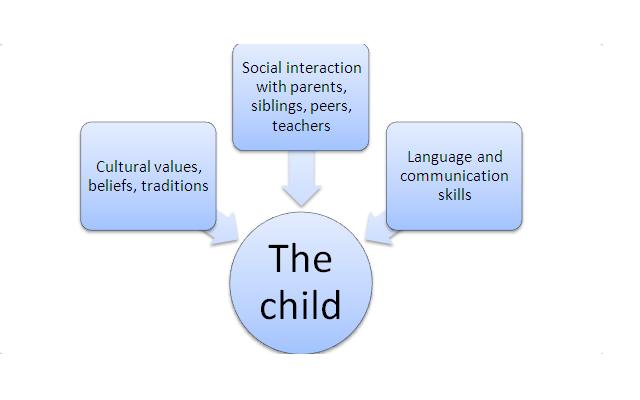The Neo-Vygotskian approach to child development
May 31, 2023
This paper discusses the Neo-Vygotskian approach to child development, which is an updated version of Vygotsky's original theories. The core principles of this approach focus on how social interaction and dialogue between children and adults can help shape a child’s cognitive and language development, while also examining the importance of cultural context in learning.
The main concept behind the Neo-Vygotskian approach is that social interactions provide scaffolding for learning – as children interact with adults, they gain new information about themselves, their environment, and how to act within it. In this way, adults can help guide and support children by providing feedback on their actions or ideas. This feedback helps children understand what is expected from them in certain situations and gives them the necessary skills to develop their thinking and language abilities.

The Neo-Vygotskian approach also emphasizes the importance of culture in child development. Specifically, it suggests that children learn best when they are immersed in a cultural context with which they can identify. This includes being surrounded by people who speak the same language and share similar values and beliefs as they do. In this way, cultural context provides an important framework for learning, allowing children to make connections between what they know already and new concepts or ideas.
Overall, the Neo-Vygotskian approach is a useful way to understand how social interaction and cultural context influence child development. By providing support through dialogue and feedback, adults can help guide children towards understanding more complex concepts and developing their cognitive and language abilities. In addition, immersing children in a cultural context can help them make connections between what they know already and new ideas. Together, these approaches can have a positive impact on a child’s development.
